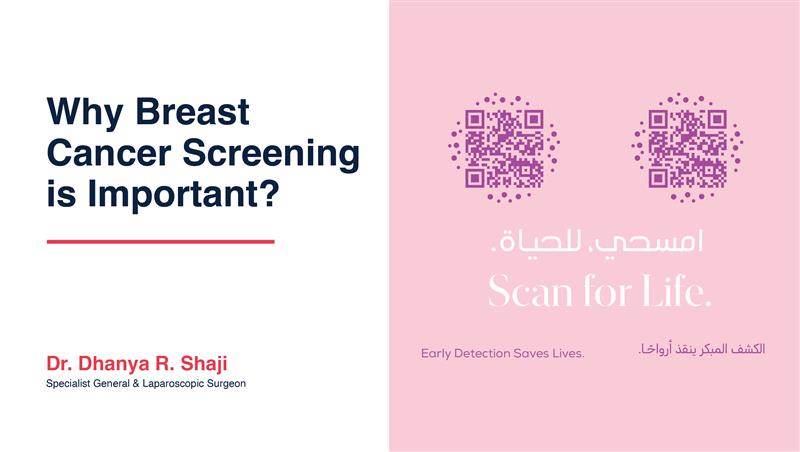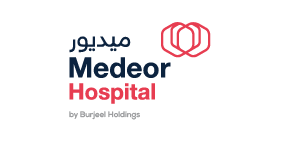Breast cancer is one of the most common types of cancer, affecting millions of people worldwide. Early detection is crucial because it significantly improves the chances of successful treatment and survival. While advanced medical screenings like mammograms play a key role in identifying cancer, self-awareness and routine self-examinations are also important in detecting abnormalities early on. Breast cancer screening involves a combination of these methods, and understanding its importance can save lives.
Early Detection Saves Lives
Breast cancer, like many other types of cancer, is more treatable in its early stages. When detected early, the cancer is usually confined to the breast, making it easier to treat. According to cancer statistics, the five-year survival rate for localized breast cancer (stage 1) can be as high as 99%. This rate declines significantly once the cancer has spread to other parts of the body. By detecting breast cancer before it progresses to advanced stages, many patients can avoid more aggressive forms of treatment such as chemotherapy and radiation. Treatments are often less invasive, recovery times are shorter, and overall outcomes are much better.
Importance of Self-Awareness
The first line of defense in detecting breast cancer is often self-awareness. Knowing how your breasts normally feel and look can help you notice any unusual changes. While hormonal changes during menstruation can sometimes cause temporary lumps or tenderness, persistent lumps or changes should be evaluated by a healthcare provider. Regular self-examinations are a simple yet effective way to stay vigilant. During these exams, you can feel for lumps, thickening, or changes in the breast tissue. It’s important to recognize that not all lumps are cancerous—some may be benign conditions like cysts. However, it’s crucial not to ignore any new or unusual findings. If you’re unsure how to perform a breast self-exam or what feels “normal,” consulting with a healthcare professional is a great place to start. While self-exams are helpful, they should be considered a supplementary tool. Medical screening methods like mammograms are essential because they can detect cancer long before a lump can be felt.
Mammograms and Breast Cancer Screening
Medical experts recommend regular breast cancer screenings, particularly for women over the age of 40. The most common form of screening is a mammogram, an X-ray of the breast that can detect abnormalities too small to be felt during a self-exam or clinical breast exam. Previously, mammogram screenings were recommended starting at age 50, but newer guidelines suggest beginning as early as age 40, especially for those with risk factors like a family history of breast cancer or the presence of the BRCA gene mutation. For women between the ages of 20 and 40, while routine mammograms are not usually recommended, it’s still a good idea to be familiar with your breasts and report any changes to a healthcare provider. Women are often encouraged to begin breast self-examinations in their 20s and discuss their family history of cancer with a doctor who can recommend a screening schedule tailored to their risk level.
Understanding Breast Cancer in Men
Though breast cancer is more common in women, men can also develop breast cancer, though it is much rarer. Men often overlook the possibility of breast cancer due to its association with women, but any lumps or changes in the breast area of a man should be taken seriously. Because men do not experience the same hormonal fluctuations as women, any lump in the breast area is considered abnormal. Male breast cancer is usually detected at a more advanced stage due to a lack of awareness. Just like in women, early detection significantly improves the chances of survival and makes treatment less invasive.
Risk Factors and Genetic Considerations
People with a family history of breast cancer should be particularly vigilant. If breast cancer runs in the family or if you carry the BRCA gene mutation, it’s essential to begin screenings earlier and perhaps more frequently than the general population. Genetic testing can also help in identifying risks and tailoring a screening plan suited to your situation.
Reducing Anxiety Through Screening
One often-overlooked benefit of breast cancer screening is the peace of mind it offers. Waiting and worrying about whether a lump or abnormality is cancerous can be incredibly stressful. Screening helps to either rule out cancer or diagnose it in its early stages, allowing for timely intervention. If the results of a mammogram or ultrasound come back normal, it can provide relief and reduce anxiety about breast health. On the other hand, if breast cancer is detected, the screening allows for early intervention, which leads to better outcomes and more treatment options. Breast cancer screening is a critical tool in the fight against breast cancer. Early detection saves lives, reduces the need for aggressive treatments, and improves overall outcomes. Self-awareness and routine self-examinations, along with medical screenings like mammograms, form a comprehensive approach to monitoring breast health.
Whether you’re at low risk or have a family history of breast cancer, it’s important to stay proactive about breast cancer screening. Early detection is key, and regular screenings can make all the difference in the prognosis and treatment of breast cancer.



